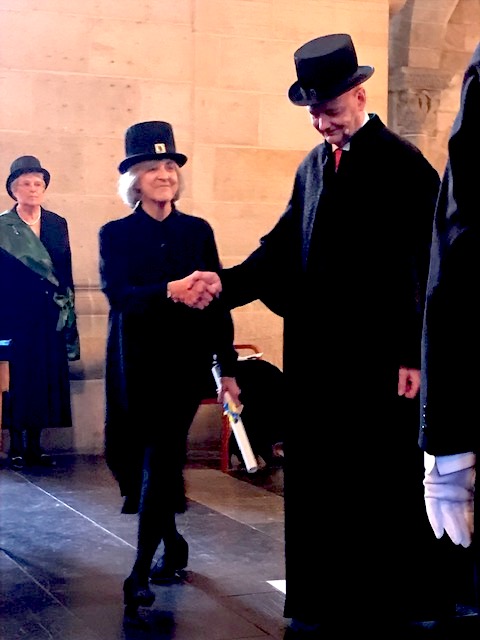The frequent headlines about the work situation in health care have not gone unnoticed by the Birgit Rausing Centre for Medical Humanities. A few months in as a staff member at the centre, I started planning for a research project to get a deeper understanding of this. We’re now ready to move forward, also since the Swedish Ethical Review Authority gave us the green light.
The questions we’re asking are (among others…): How do newly graduated healthcare professionals perceive the work situation? How does job satisfaction correlate with self-care, empathy fatigue and secondary trauma?
Currently, we are reaching out to graduates from health care programmes (nursing, physiotherapy, audiology, psychology, medical etc.) to be able to follow them in their work and stay in contact over four years.
Responsible research unit at Lund University is Birgit Rausing Centre for Medical Humanities, with centre manager professor Martin Garwicz as contact person: martin.garwicz@med.lu.se
Principal Investigator: elinor.schad@psy.lu.se
More about me and previous work on, among other things, compassion fatigue in Lund University’s research portal: Elinor Schad — Lund University
Why Epione?
It’s not the first time I name a research project after a Greek goddess, actually. So I wanted to continue the “tradition”. Epione was my first – and last – choice for this particular project: She was the ancient Greek goddess of soothing of pain and healing.


Comments